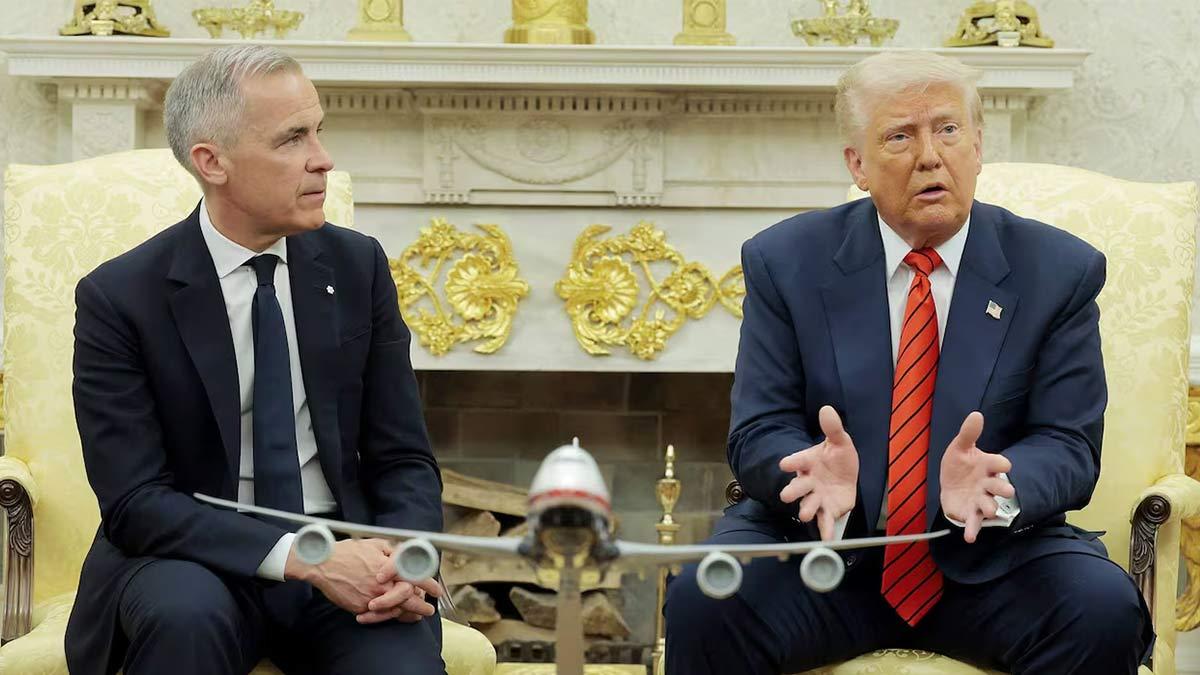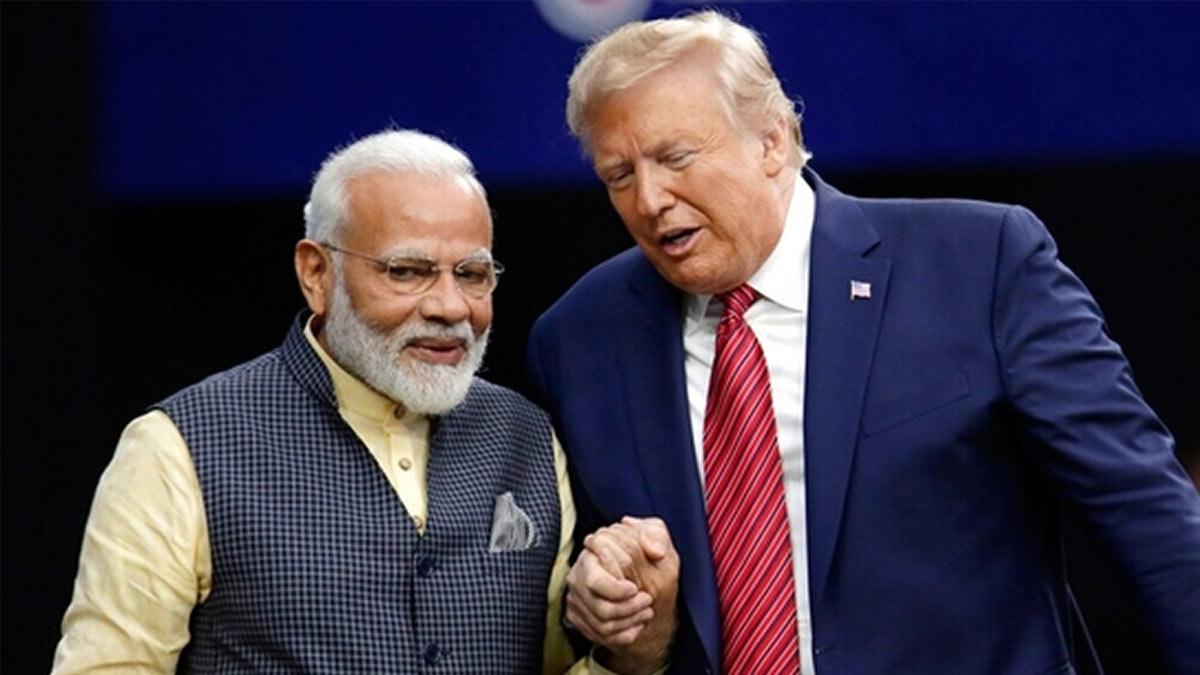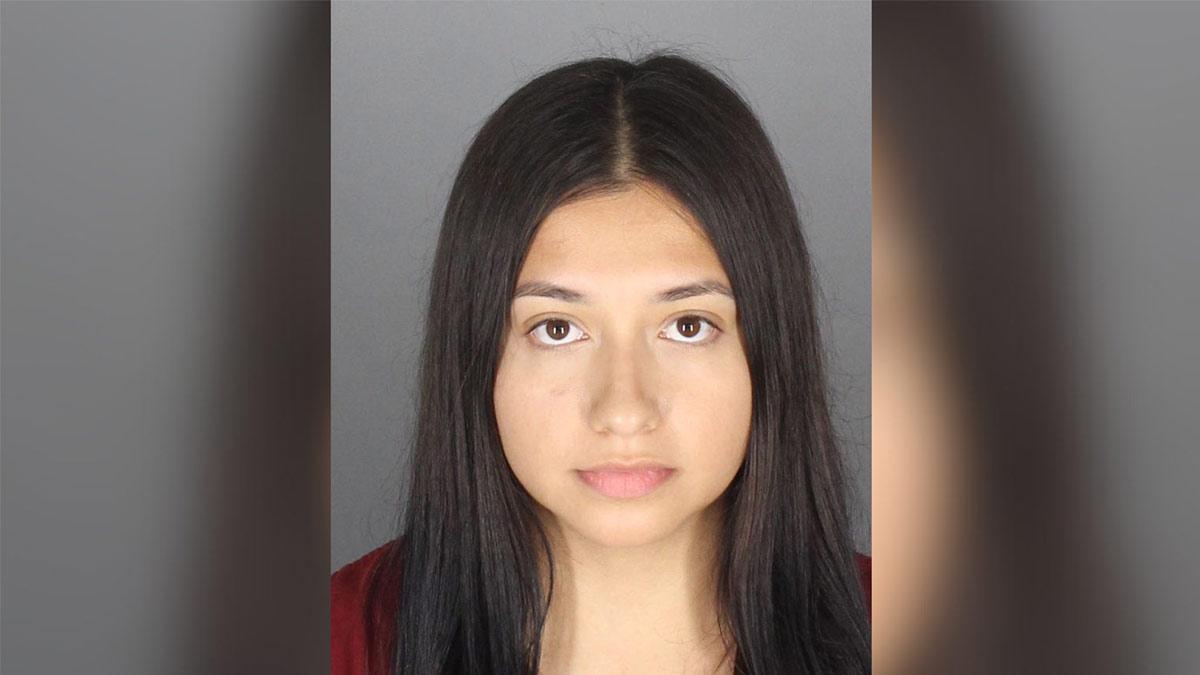In a splashy White House visit, recently elected Canadian Prime Minister Mark Carney flatly rejected U.S. President Donald Trump's recent proposal that Canada join the United States as its 51st state.
Carney, who swept to victory in Canada's April 28 election on a platform of protecting Canadian sovereignty and resisting Trump, shot back sharply when the U.S. president suggested a political "marriage" between the two countries.
"Not for sale," Carney informed Trump during their Oval Office meeting, summoning a pointed comparison: "As you know in real estate, there are a few things that are never for sale — the Oval Office, Buckingham Palace. Canada is one."
Trump, a self-styled property magnate, responded with a laugh: "Never say never."
Though the session had its warm moments — the two leaders lavishly praised one another — it also exposed the lingering animosities between the U.S. and its northern ally. Trump has imposed sweeping tariffs on Canadian imports, including a 25% across-the-board tariff and targeted levies on car imports, steel, and aluminum. He goes on to blame Canada for not stopping the shipment of fentanyl into America and has stayed tough on trade policy.
While speaking during the press session, when a reporter questioned whether or not Carney had convinced Trump to remove tariffs, the American president bluntly answered, "No. It's just the way it is. We want to make our own cars."
In spite of the biting rhetoric, Trump called the session friendly, stating, "We're going to be friends with Canada, no matter what." But he returned to old complaints, blaming the U.S. for subsidizing the defense of Canada andplaying down the necessity for trade agreements: "They want to have access to our market. We don't need theirs."
Carney, later in a speech at the Canadian embassy in Washington, reported that he had "pressed the case" to relax trade restrictions and discovered Trump "open to negotiation."
"There will be twists and turns," Carney said. "But the door to dialogue is open, and that's what matters.
Asked about Trump’s repeated calls for Canadian statehood, Carney reiterated Canada’s independence. “He’s the president, and he can express his views,” Carney said. “But we’re negotiating between sovereign countries. There’s a big difference between wish and reality.”
Carney's strong stand is a change from the frequently tense relationship Trump had with then-Prime Minister Justin Trudeau. While campaigning, Carney vowed to stand against what he referred to as Trump's "betrayal" of Canada and redefine the country's economy in the face of a more aggressive U.S. posture.
On election night, in his first public speech as president, Carney declared the close U.S.-Canada partnership of recent years "over" and challenged Canadians to "fundamentally re-imagine" their economic future.
More than $760 billion worth of trade crossed the two nations in a single year. Canada is America's second-largest partner in trade and its leading destination for exports.
Read also| Trump Urges Swift Resolution Amid India-Pakistan Tensions
Read also| Trump's Budget Cuts Impact USPS Operations and Mail Deliveries


















